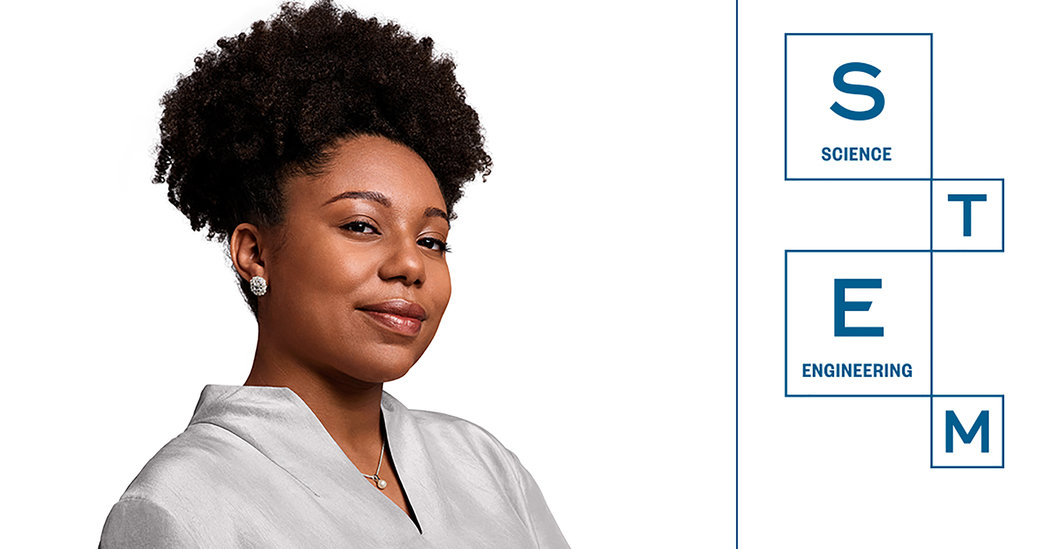In Bubbles, She Sees a Mathematical Universe
For Karen Uhlenbeck, winner of the Abel Prize for math, a whimsical phenomenon offers a window onto higher dimensions.
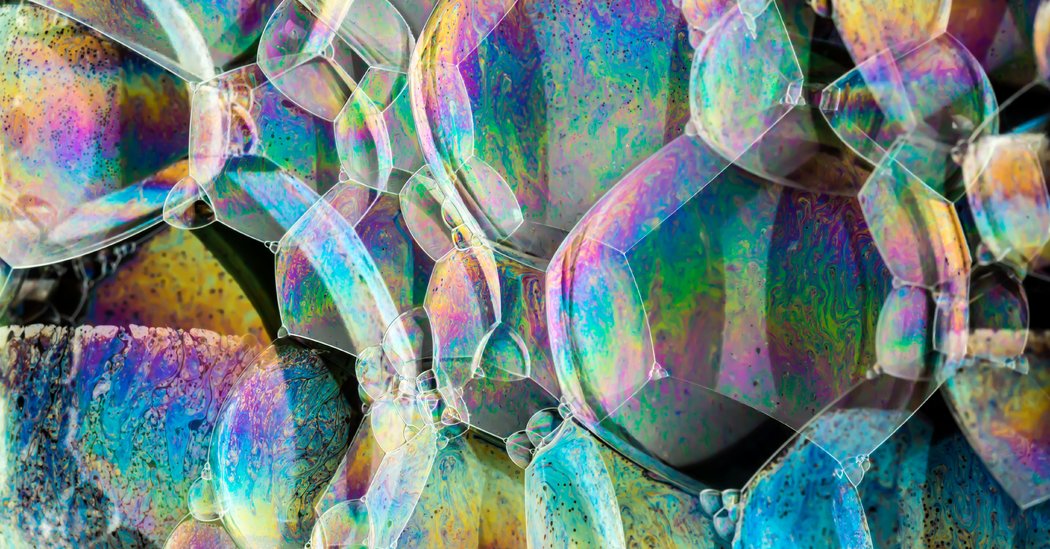
Send us a link
For Karen Uhlenbeck, winner of the Abel Prize for math, a whimsical phenomenon offers a window onto higher dimensions.

A policy review follows months of turmoil at the cancer center, which pledged an overhaul, including new rules on public disclosure and limits on outside profits.
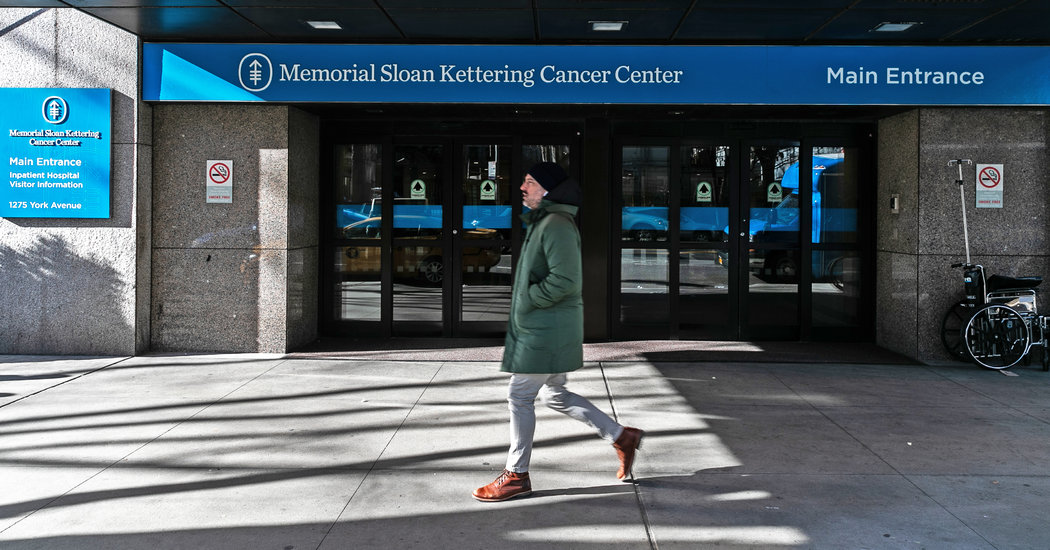
The Federal Trade Commission accused Omics International, a publisher in India, of operating hundreds of fake research journals with deceptive business practices.
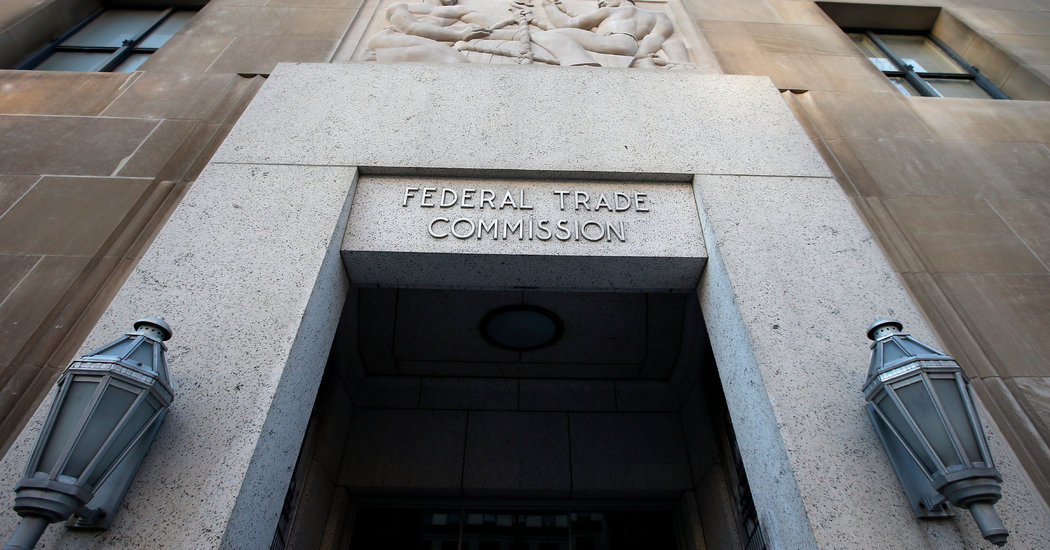
With an analysis of DNA from nearly 300 fossilized remains, scientists are peering into human prehistory in the region.
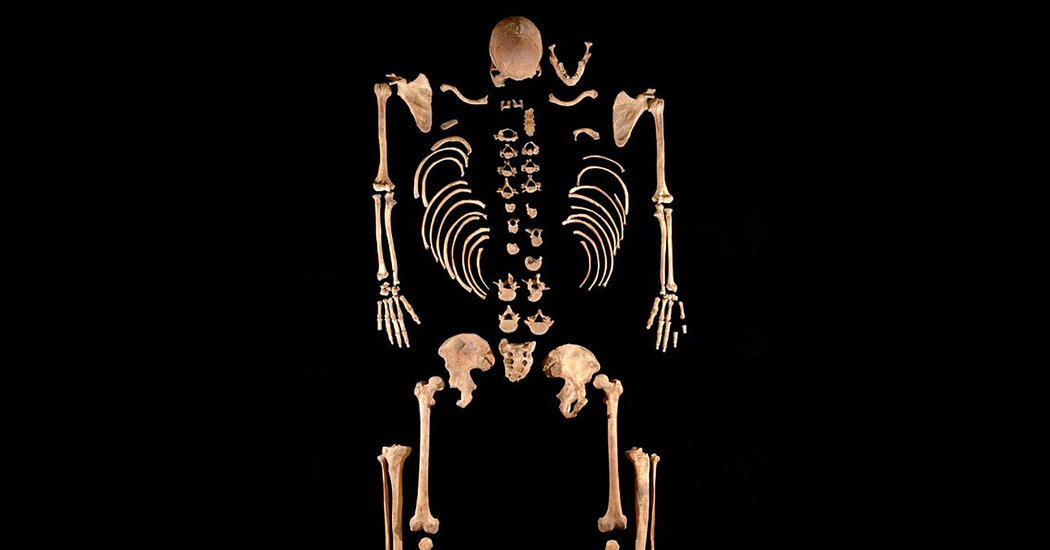
Contrary to first impressions, Congress has done a decent job standing up for scientific research.
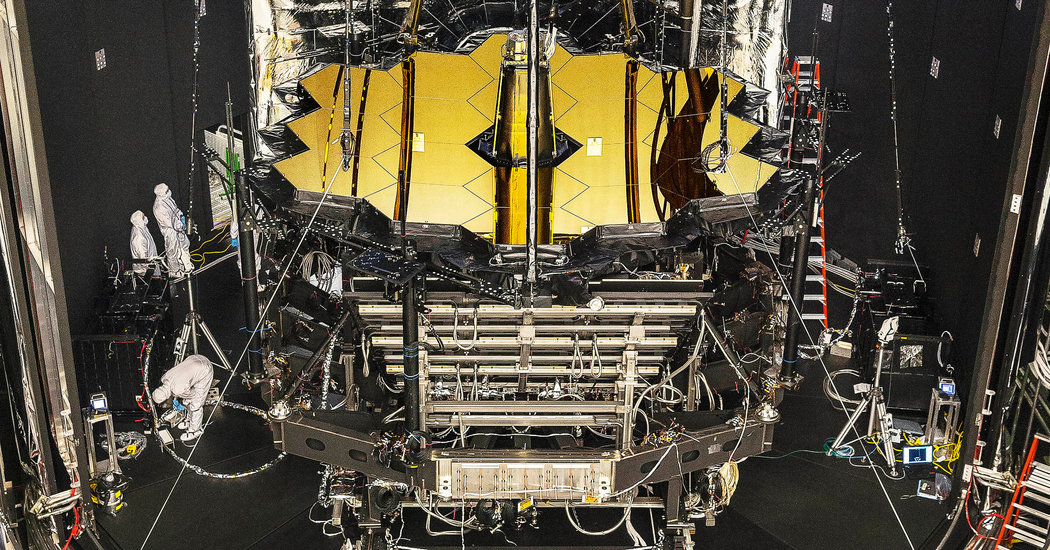
Computer programming once had much better gender balance than it does today. What went wrong?
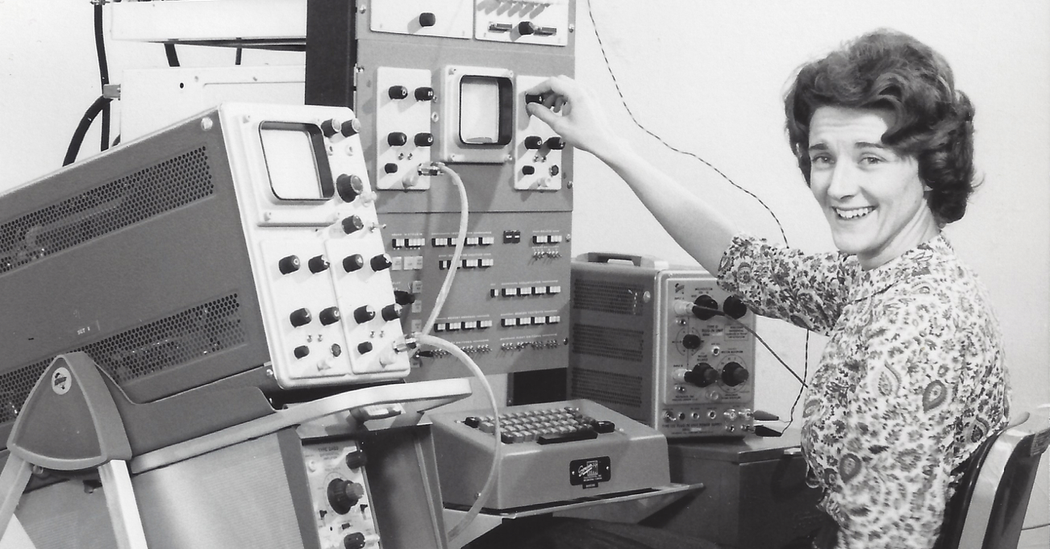
Fewer than 1 percent of doctorates in math are awarded to African-Americans. Edray Goins, who earned one of them, found the upper reaches of the math world a challenging place.
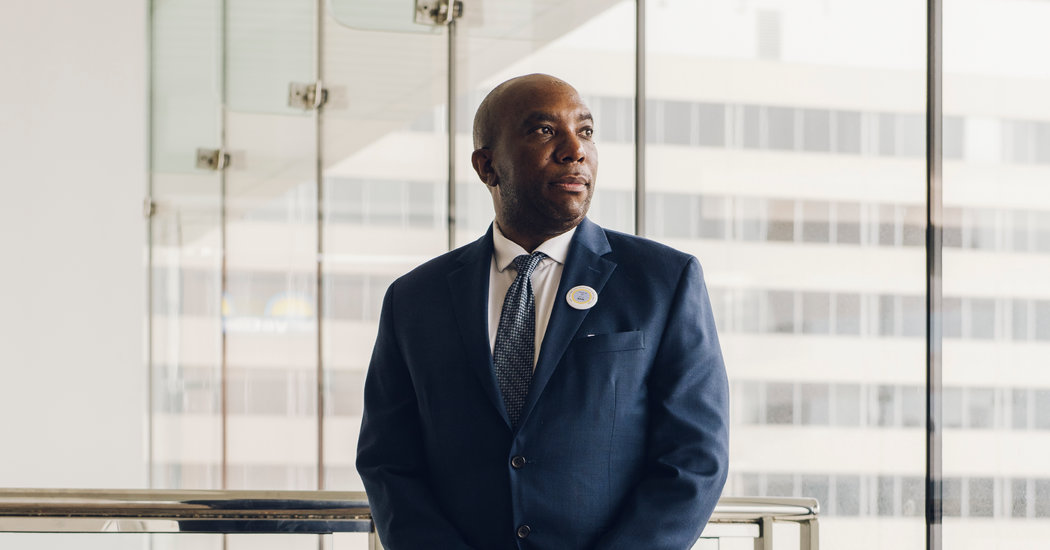
The planet is getting warmer in catastrophic ways. And fear may be the only thing that saves us.

The body's microbial community may influence the brain and behavior, perhaps even playing a role in dementia, autism and other disorders.
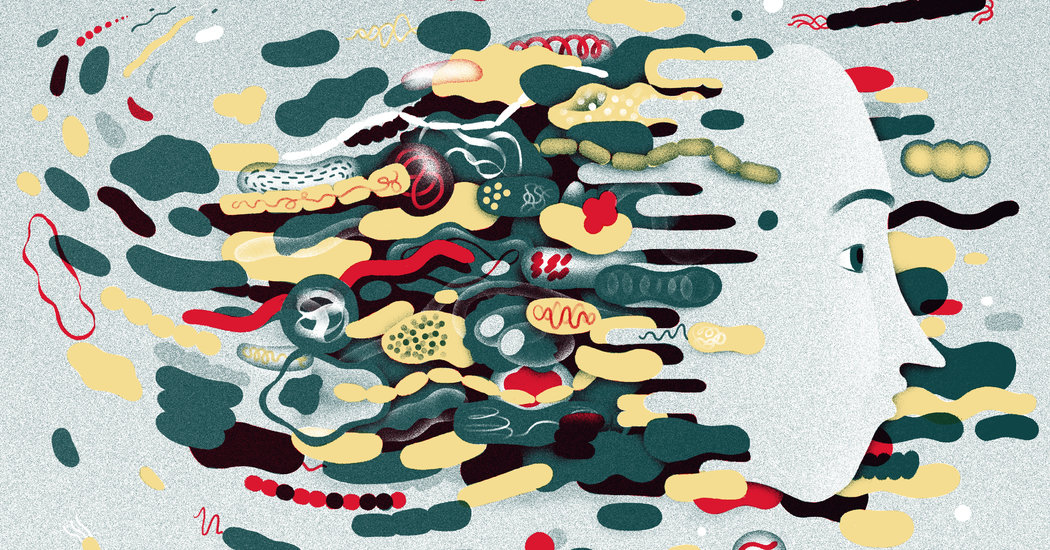
Some U.S. researchers knew of a Chinese scientist's intentions to implant edited embryos but were unable to stop him. Now scientific institutions are trying to devise global safeguards.
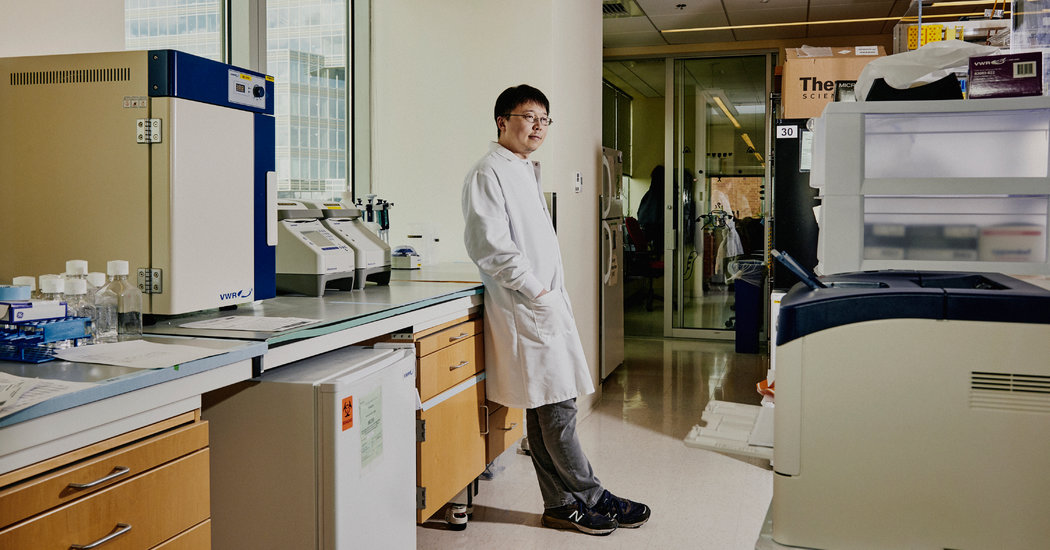
Glaciers are crucial sources of water for people and crops in Central Asia. But global warming is causing glaciers there and around the world to shrink every year.
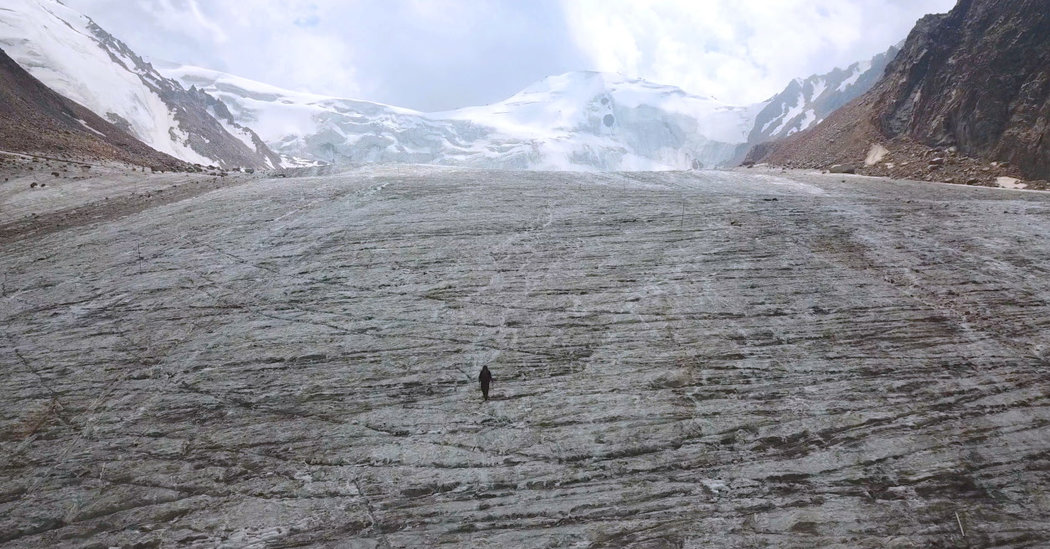
An analysis concluded that earth's oceans are heating up 40 percent faster on average than a United Nations panel estimated five years ago, a finding with dire implications for climate change.
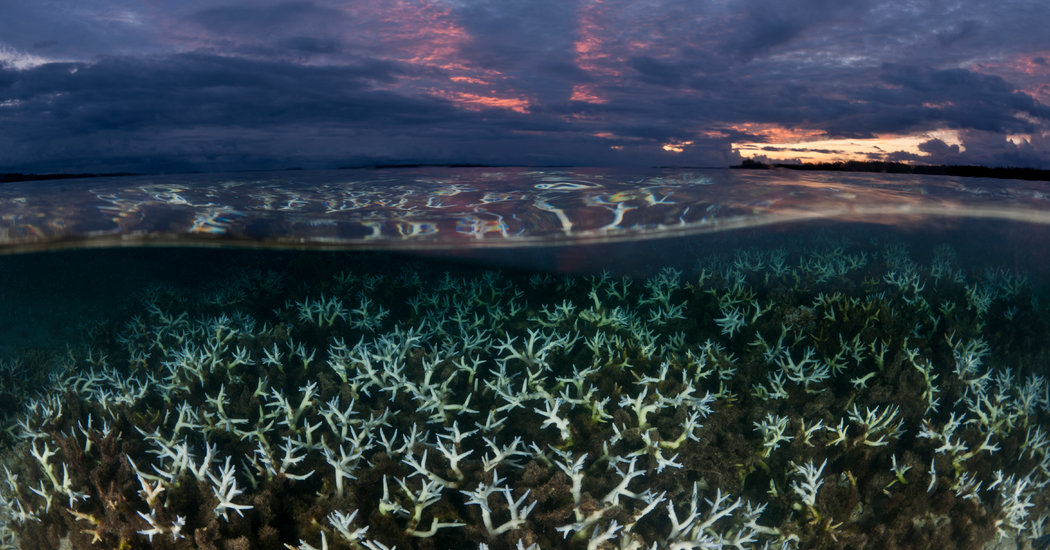
What does the accelerated death of insects mean for the rest of life on Earth?
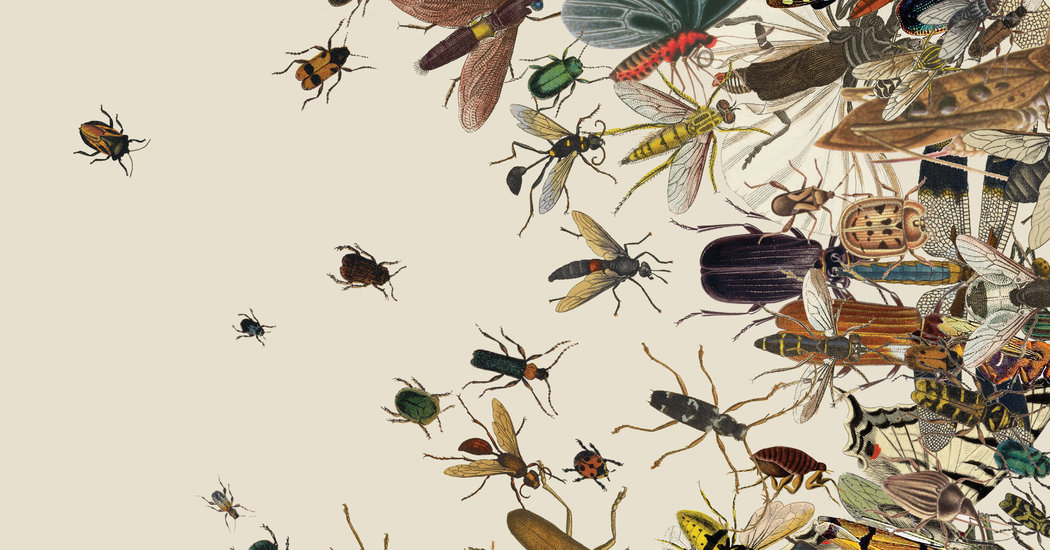
Academic research publications rely on doctors to voluntarily disclose their payments from drug and health companies in a lax reporting system some say is broken.

Science is mired in a "replication" crisis. Fixing it will not be easy.
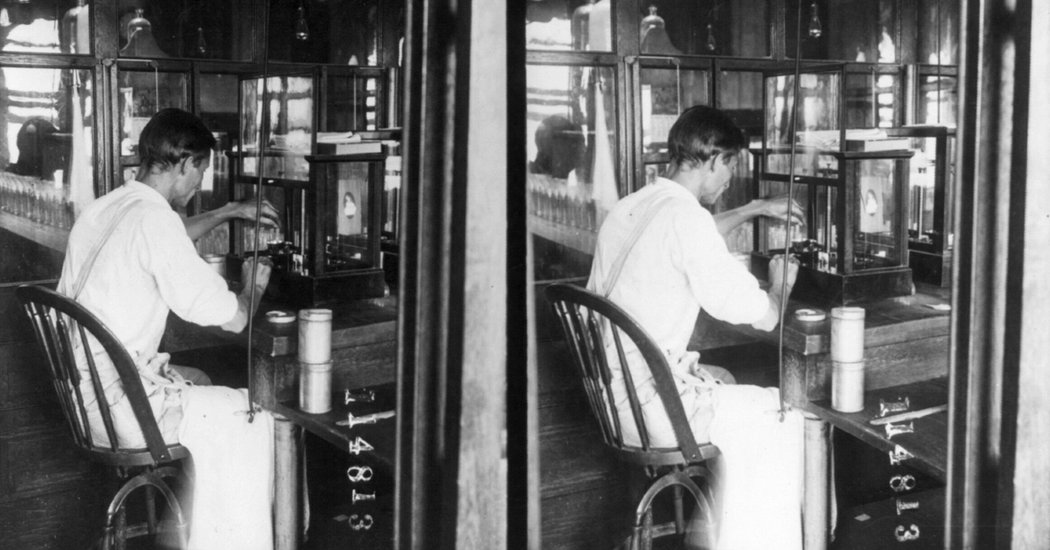
A look at the system's weaknesses, and possible ways to combat them.
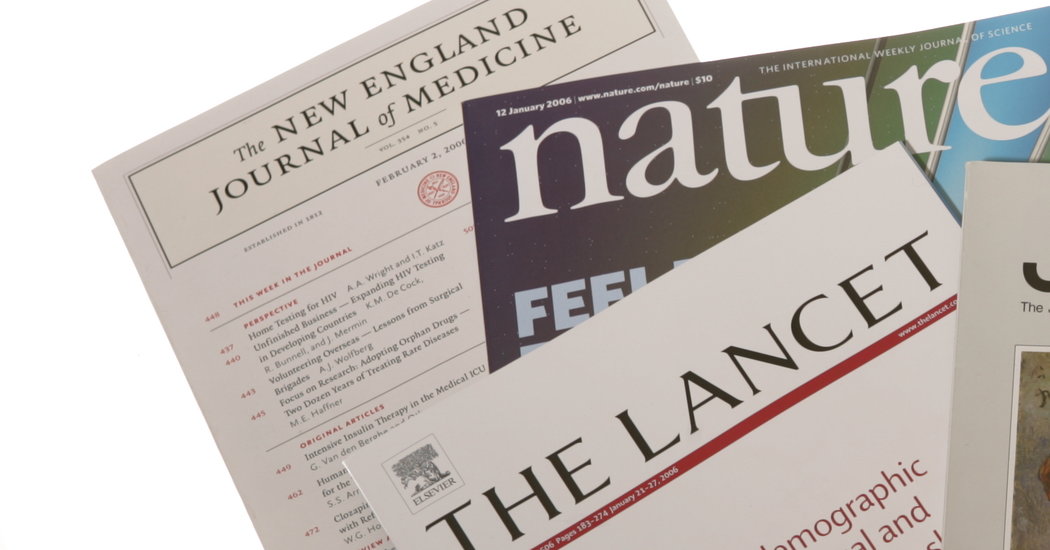
Swiss native Hansjörg Wyss will give $1 Billion over the next decade to help accelerate land and ocean conservation around the world.
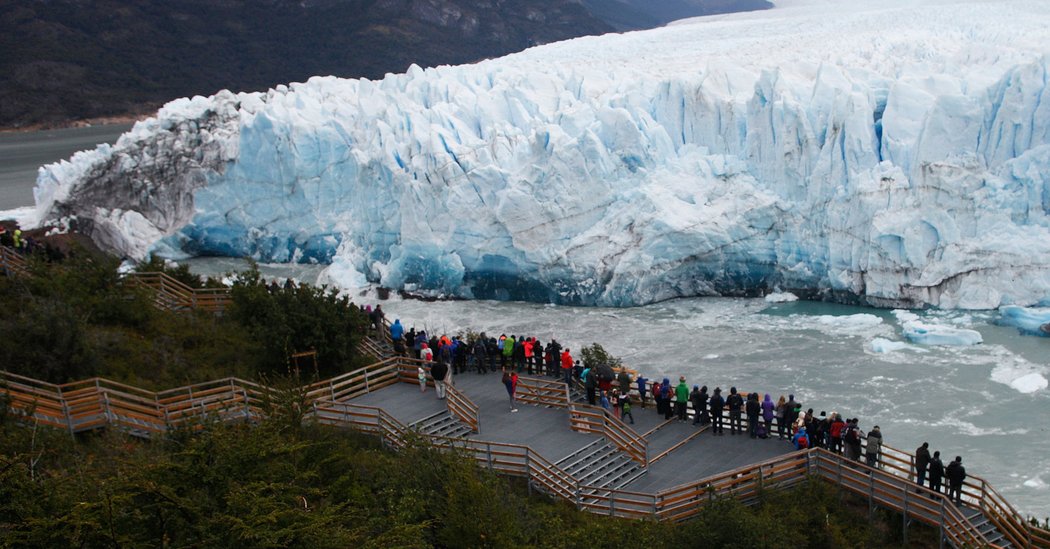
The sudden, unexplained removal of a research paper on private equity firms buying dermatology practices has raised questions about corporate influence.
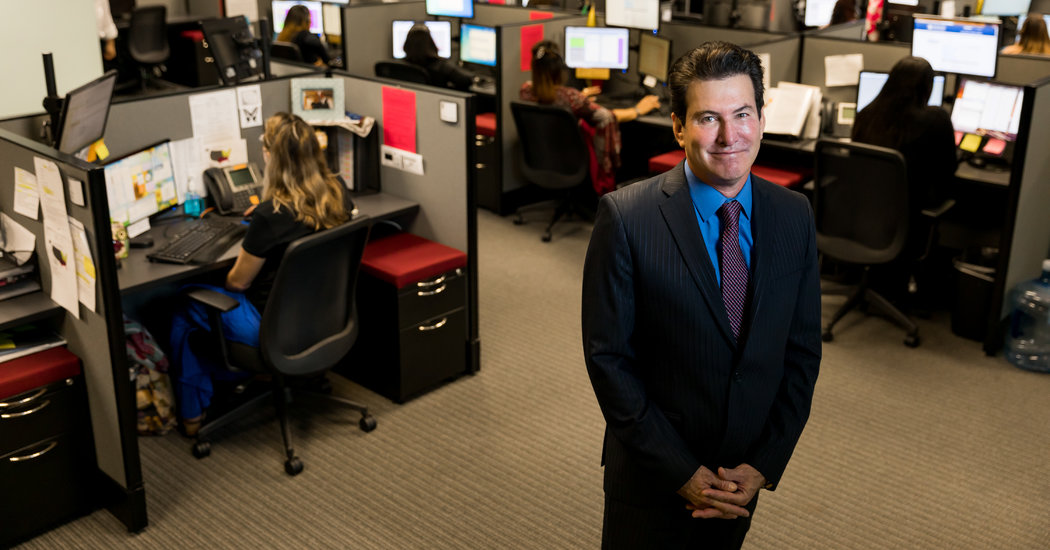
Some 31 studies by Dr. Piero Anversa contain fabricated or falsified data, officials concluded. Dr. Anversa popularized the idea of stem cell treatment for damaged hearts.
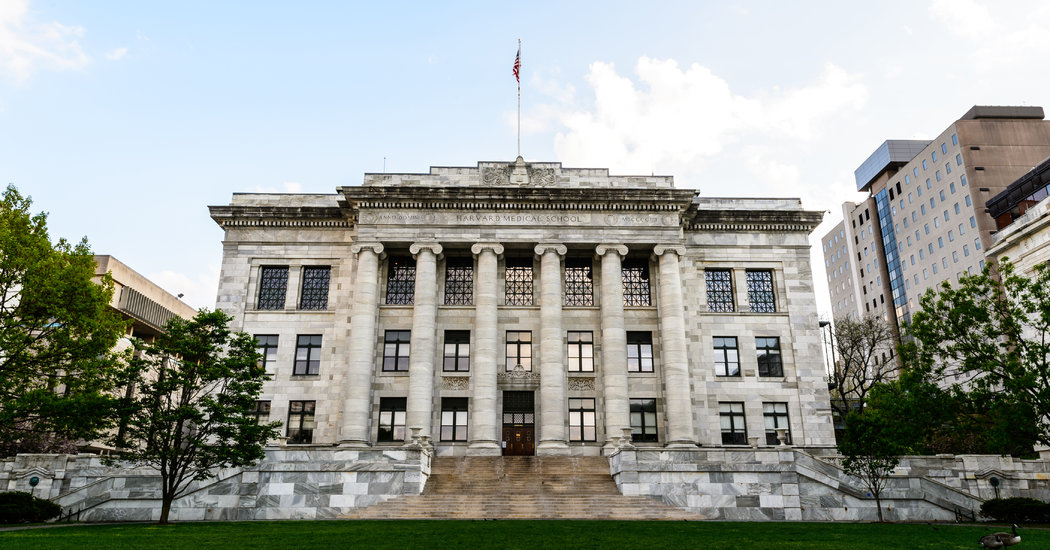
The goal, said L. Rafael Reif, the president of M.I.T., is to educate "the bilinguals of the future." Blackstone's Steven A. Schwarzman is contributing $350 million.
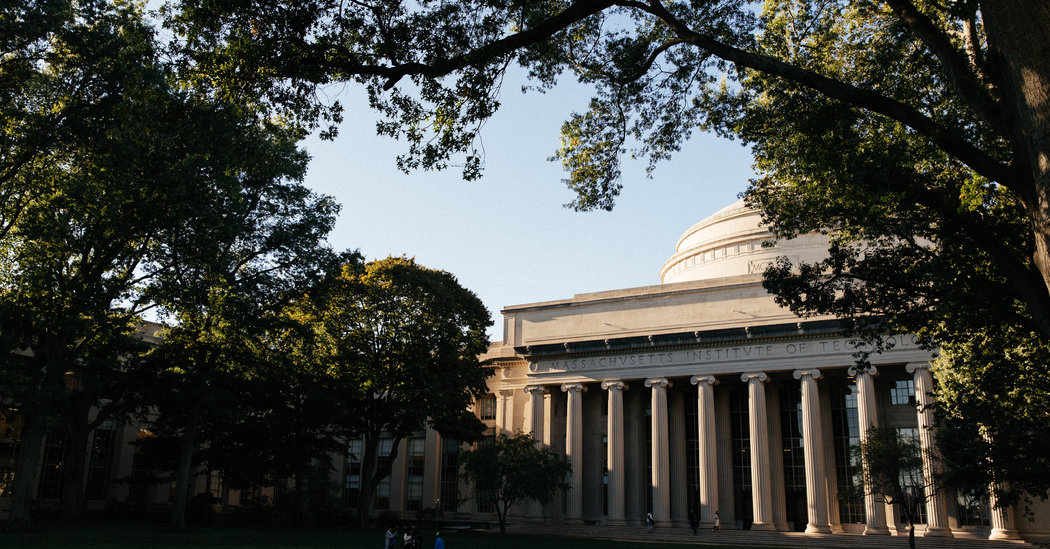
A Cornell food scientist’s downfall could reveal a bigger problem in nutrition research.
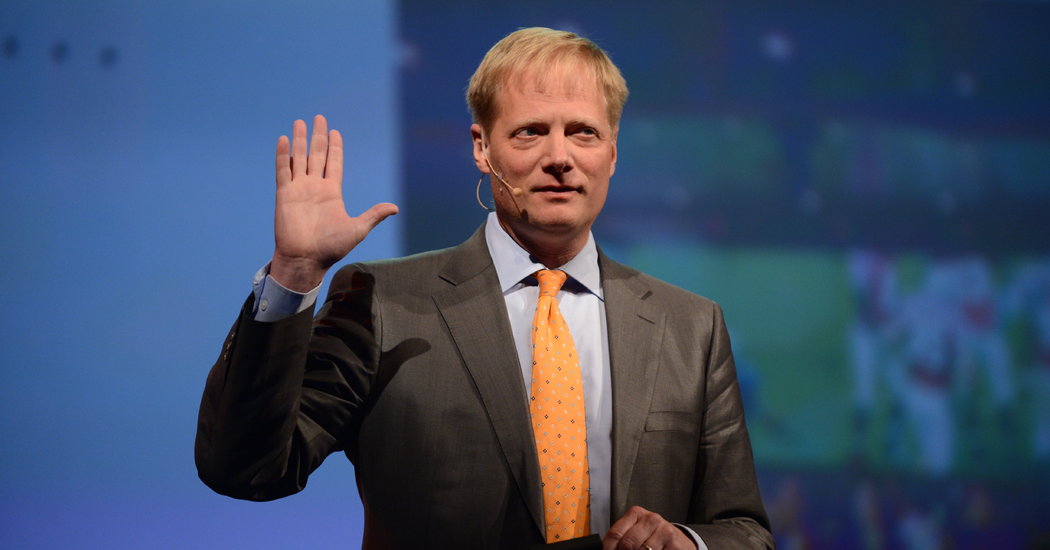
Researchers should embrace negative results instead of accentuating the positive, which is one of several biases that can lead to bad science.
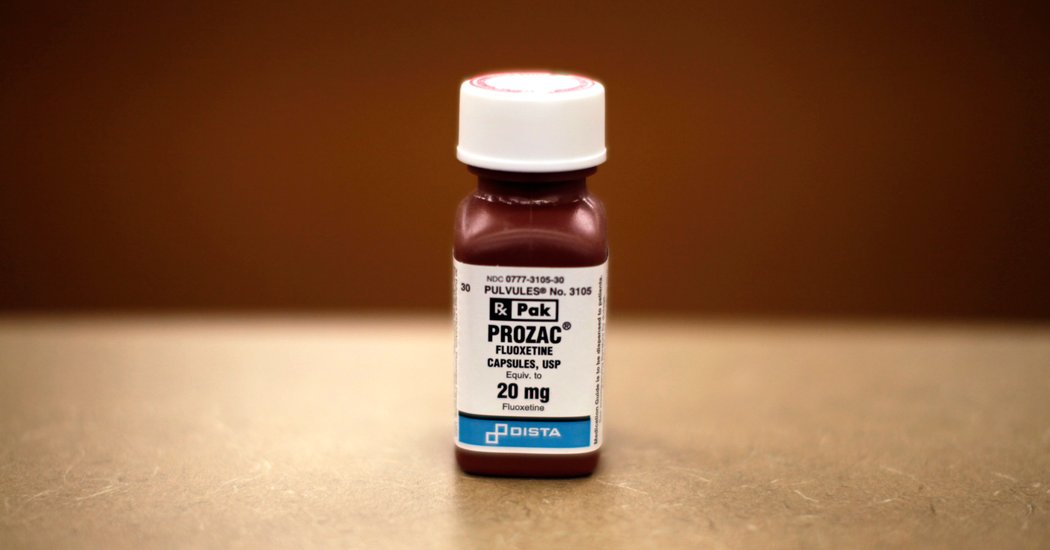
The Ad Council - along with G.E., Google, IBM, Microsoft and Verizon - is trying to encourage girls ages 11 to 15 to get involved in science, technology, engineering and math.
